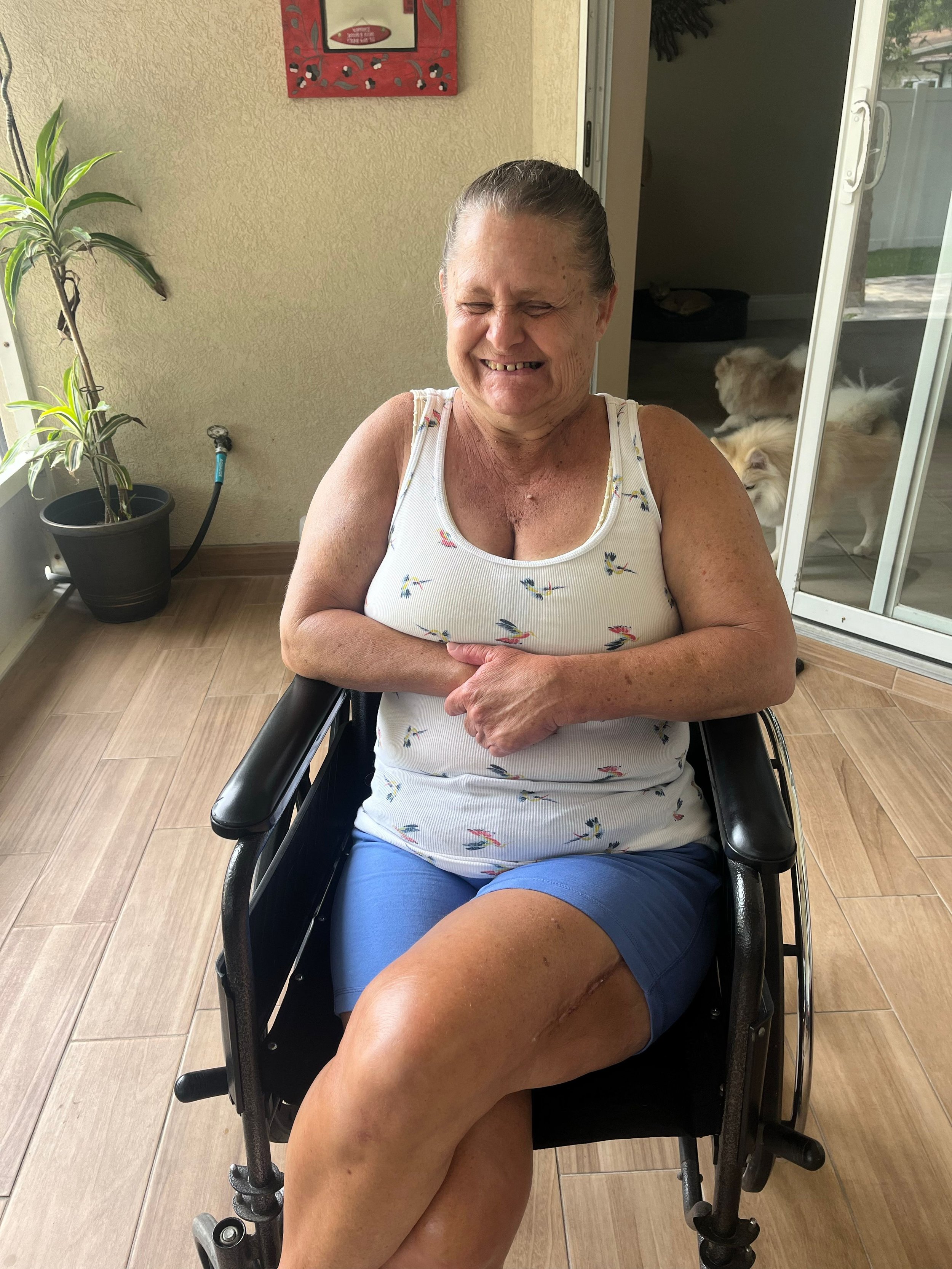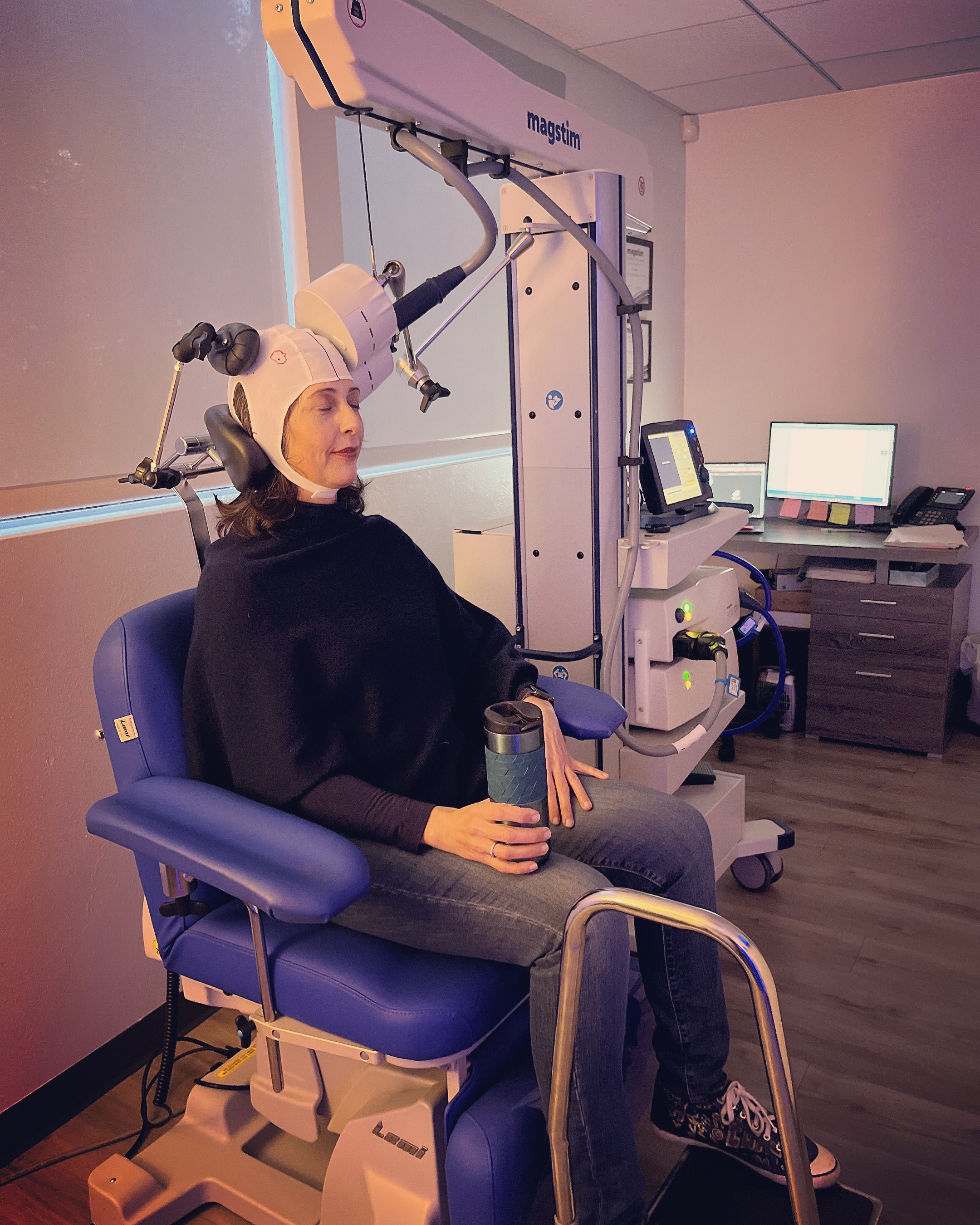Exercise Is Hard for Me. Now I Know Why
/By Madora Pennington
Exercise is difficult for me. I’m lucky I can do it at all. I am extremely double-jointed because my tendons and ligaments are excessively stretchy as a result of hypermobile Epstein-Danlos Syndrome (hEDS), a connective tissue disorder I was born with.
When I play sports, go the gym or even swim, I see others moving with an ease that is out of my reach. I wonder what exercise feels like for them. I get so worn out — and no matter how fit I get — this does not change. What exactly is different about exercise for me, I never fully understood.
I am hardly alone. Here are some typical comments in online support groups from people with hEDS or Hypermobility Spectrum Disorders (HSD) looking for advice on exercise:
“I try now and then to walk on the treadmills for a slow 20 min, but it just makes me feel worse.”
“I’m 27. When I exercise, I get migraines and all over muscle tension. I always fail at physical therapy. My body does not respond like others.”
“Exercise intolerance hardly describes it. I can’t keep up with my peers. I have severe pain and fatigue. If I exercise, pain starts in my legs, builds and becomes intolerable.”
“I went to Disneyland. I couldn’t stay more than two hours before I was in so much pain, I could barely make it to the car.”
Recently, Canadian researchers published a study on the mechanics of walking in people whose joints are loose to better understand why it might be so painful and exhausting for them. They compared 11 hypermobile adults with 11 healthy (non-hypermobile) adults of the same age and gender, and found why walking can be such an arduous affair for those of us with loose joints.
Tendons and ligaments — the connective tissue that connect bones to bones and muscles to bones — should be like tight rubber bands. They should bend, but not stretch. Part of their job is to transfer force and energy like a coiled spring back to muscles.
When tendons and ligaments are stretchy or hypermobile, not only do they fail to hold joints in place, they cannot return unused energy back to the muscles to power more movement. Simply moving a body with loose joints is, in fact, a very big problem.
To understand the difference between the two groups, study participants had ultrasound images taken of their legs, the stiffness of their Achilles (ankle) tendon measured, and their ankles’ range of motion recorded. They walked on a treadmill and had their oxygen consumption and muscle electrical activity measured.
The results showed that if you are double-jointed:
Your muscles have to shorten excessively to compensate for too much “give” in the tendons. This is extra work for a muscle that does not enhance performance.
A stretchy tendon cannot send energy back to the muscle, so energy is drained, not recycled back into the system, even as muscles are working harder.
Neighboring joints and muscles have to participate in walking in ways they normally would not to compensate for the lack of stability. That’s yet another energy drain.
In short, researchers found that each step takes more energy, and is less powerful and less efficient. That’s why walking with loose joints can be so exhausting and painful.
“In this investigation, people with HSD/hEDS showed a significantly higher energy cost of walking and lower muscle strength. These differences were accompanied by significantly higher ratings of pain and higher muscle coactivation during stance following walking at, above and below their preferred walking speed,” researchers concluded.
Individualized physical therapy or gait training designed for people with hypermobility could help them become better walkers. After all, mobility — being able to get around and do things for yourself — provides quality of life and better health. Good mobility also reduces the likelihood of falling injuries.
While increasing strength and physical fitness won’t solve hypermobility issues, it can make exercise safer, less of an effort, and more enjoyable.












